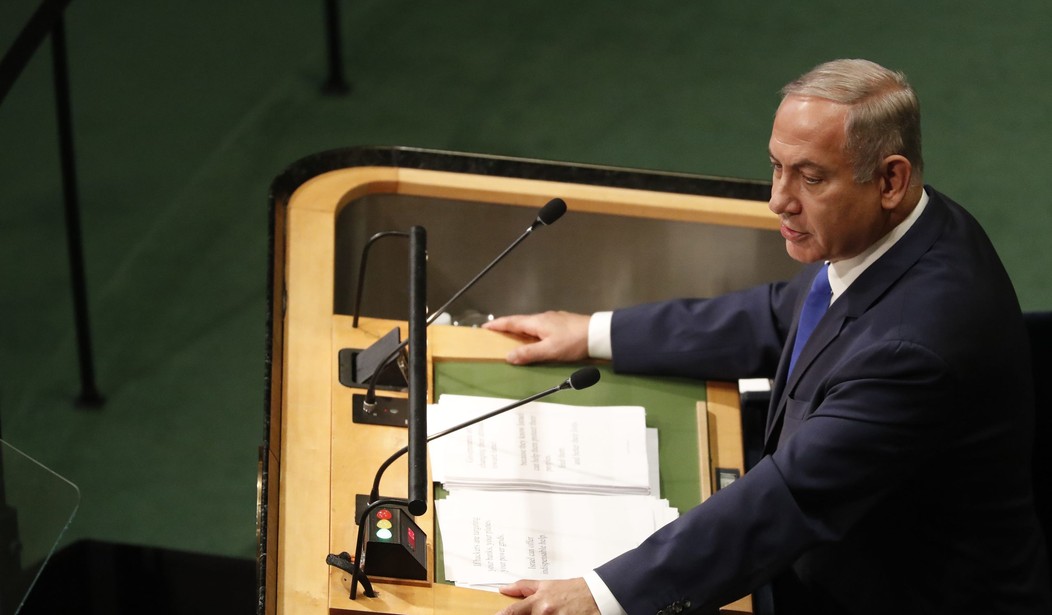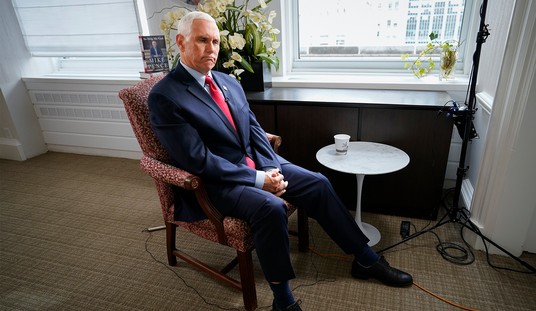Israeli Prime Minister Benjamin “Bibi” Netanyahu is no stranger to controversy and scandal. As early as 1993, when Netanyahu first ran for the spot of Likud party leader, he claimed that he was being “blackmailed” when a video surfaced showing him in compromising positions with a different woman than the one he was married to.
When his first premiership was brought to an abrupt end by Ehud Barak in 1999, Israeli newspapers proclaimed in banner headlines allegations that Netanyahu and has wife had kept over $100,000 in state gifts, the sort of financial scandal which, in Israel, is enough to end any political career. He went into private business.
In 2003, he staged a comeback, and served for two years as finance minister, only to have it surface after the 2009 victory that heralded his current terms as prime minister that he and his family had accepted expensive vacations and dinners at the expense of well-heeled businessmen; the obvious implication was that there would be some quid for that quo. Add to these the sordid “Bottlegate” affair in which his penny-pinching wife kept the deposits from drinks bottles used for official affairs at the prime minister’s residence, as well as allegations of misuse of state funds to remodel his private residency in the posh community of Caesarea, and it may be said that he has had quite a colorful career.
Hence, the current allegations about corruption and malfeasance may seem like more of the same; certainly the prime minister himself is trying to shrug them off that way.
But they are not. The Israeli police have announced that Netanyahu will probably be indicted for “bribery, fraud, and breach of trust”; the likelihood is made much more serious by a plea-bargaining deal with Netanyahu’s former chief of staff, American-born Israeli businessman Ari Harow, to turn state’s witness in the proceedings. The likely consequences are sufficiently serious that Justice Minister Ayelet Shaked, of Likud’s staunchest coalition partner, the nationalist Bayit Yehudi party, has felt compelled to grant an interview on Saturday night television cautioning that indictment is not conviction, and that technically Netanyahu would not have to resign until after conviction and the appeals process, “and we are not there”
While no-one knows what information Harow has to warrant his being granted clemency to turn state’s witness, the general tenor of the current investigations has been known for a long time. There are basically three “live,” concurrent investigations:
The first, officially known as Case 1000, is again about illegally accepting hundreds of thousands of dollars in expensive gifts, ranging from fine wines and liqueurs to jewelry, airliner tickets, and expensive hotel stays for Netanyahu and members of his family from influential businessmen, many of them foreign citizens with business interests before the government. It is believed that Harow will provide additional names of such donors and details of some of the gifts heretofore not known.
Then there is Case 2000. The most widely read Hebrew-language newspaper in Israel is Yedi’oth Acharonoth, a paper which has often been critical of Netanyahu and his policies. Its chief competitor is Yisrael Hayom, a paper which is distributed at no cost (being largely supported by advertising and subventions by its owner, American magnate Sheldon Adelson); it is generally pro-Likud and pro-Netanyahu. In 2014, Netanyahu promoted a law in the Knesset that would have limited the circulation of free newspapers; his coalition collapsed that year before the bill could become law, and then an Israeli television station surfaced a tape of Netanyahu in conversation with the owner and publisher of Yedi’oth Acharonoth offering to hobble Yisrael Hayom in exchange for more favorable coverage of his administration in the former. In the ensuing embarrassment, no further action on the bill took place. It is expected that Harow has additional details of the interactions between Netanyahu and Amnon Mozes, owner of Yedi’oth Achronoth.
Case 3000 is the submarine scandal. It concerns the awarding of a non-competitive contract to a German firm, ThyssenKrupp, in which the Iranian government has a minority interest, to supply new submarines to the Israeli navy. While it is generally believed that Netanyahu is not a direct suspect in this affair, his personal attorney, David Shimron, is, and apparently Harow has additional details in this case.
In exchange, Harow, who has likewise been charged with bribery, fraud, and breach of trust, as well as money-laundering, will see the charges reduced so that he will not go to prison, but will have to serve six months community service and pay a fine of NIS 700,000 (a bit over $200,000).
While Shaked’s reading of the law is technically correct, politics is seldom about the letter of the law, but rather about perceptions and values. Hence, it is not surprising that speculation is already swirling about Netanyahu’s likely successor.
An opinion poll taken over the weekend for Israel Channel 10 news strongly suggests that Netanyahu is fast becoming a political liability as result of these maturing investigations. Fully 2/3 of the sample polled said that he should resign if indicted, despite the justice minister’s statement about the letter of the law; only 21% disagree, and that’s out of the 27% who believe his protestations of innocence. Furthermore, the poll suggests that Likud is better off without him: Were an election to be held today, with Netanyahu at the helm, Likud would lose three seats in the Knesset (down to 27 from the current 30), while the slightly left-of-center Yesh Atid party would jump from 11 to 18 seats. Without Netanyahu, however, Likud would gain a seat (from 30 to 31), as would the right-wing HaBayit haYehudi, and rival Yesh Atid would gain only five seats, from 11 to 16. The handwriting would seem to be on the wall..
Veteran observers of Israeli politics recall what happened in 1992, when the Right splintered and brought down Yitzchak Shamir, only to see him replaced by a resurgent Yitzchak Rabin (whose previous administration had been brought down by financial scandals) and the 1993 Oslo Accords, a cautionary tale about the fickleness of the electorate if ever there was one.
One thing which Netanyahu has been particularly adroit about is eliminating potential rivals, and therefore potential successors, within the Likud. There is also the possibility that a new nationalist party somewhat to the right of HaBayit haYehudi, Yachad, will clear the threshold of five seats in the Knesset this time (as they nearly did in the last election) and throw an additional wrench into the works.
All of this comes as Israel faces the internal threat of sporadic Arab riots being fueled, it is alleged, by cash from Abbas’ corrupt Palestinian Authority; the continuing threats of Hamas in Gaza and Hizbullah in Lebanon (the latter increasing as the Syrian Civil War winds down); and the even more serious direct threat posed by Hizbullah’s sponsor, Iran, through their Syrian political subsidiary, the resilient Assad family.
Israel has always had to deal with the enemies without; now Netanyahu is being forced to come to terms with consequences of his own actions.









Join the conversation as a VIP Member